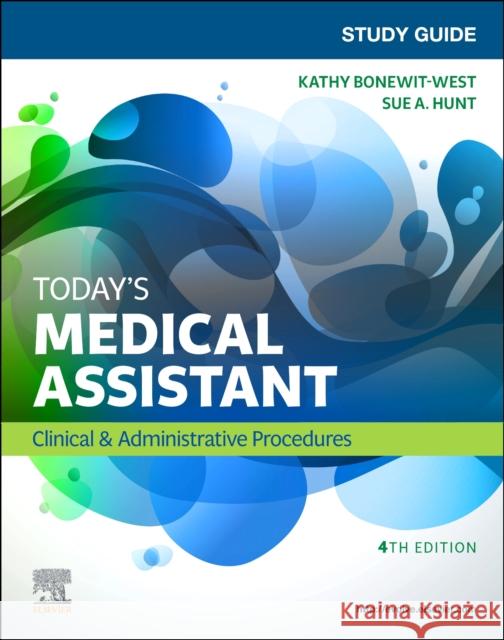Study Guide for Today's Medical Assistant: Clinical & Administrative Procedures » książka
topmenu
Study Guide for Today's Medical Assistant: Clinical & Administrative Procedures
ISBN-13: 9780323639866 / Angielski / Miękka / 2020 / 1296 str.
Kategorie BISAC:
Wydawca:
Saunders
Język:
Angielski
ISBN-13:
9780323639866
Rok wydania:
2020
Dostępne języki:
Ilość stron:
1296
Oprawa:
Miękka
Dodatkowe informacje:
Glosariusz/słownik











